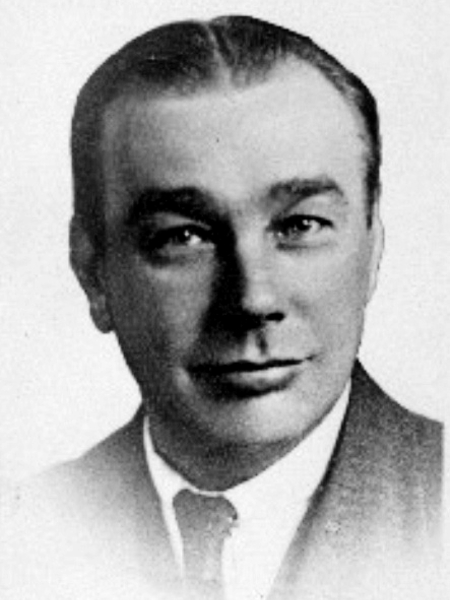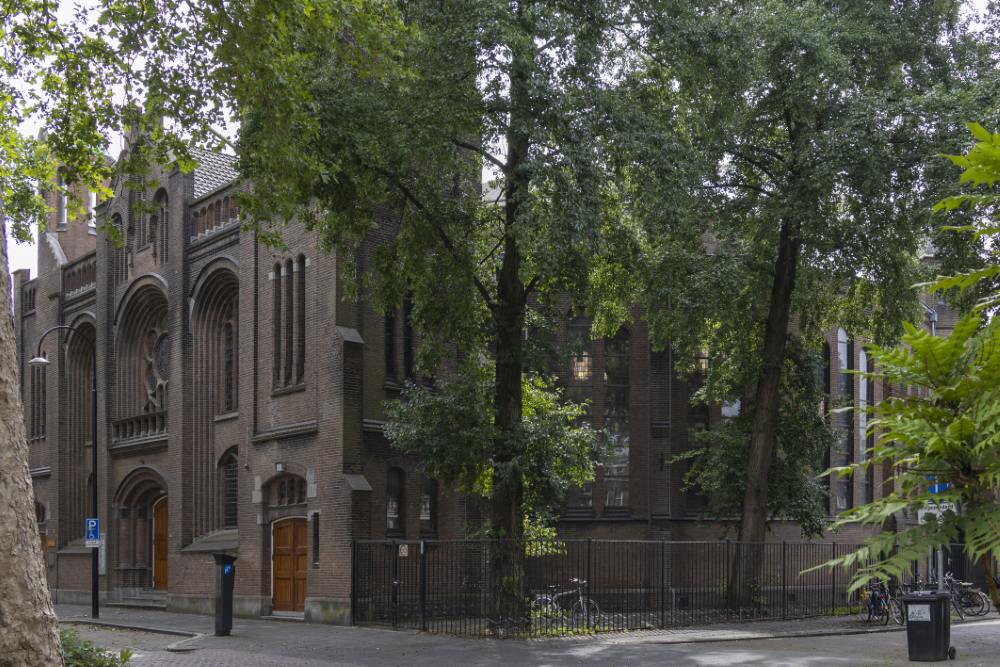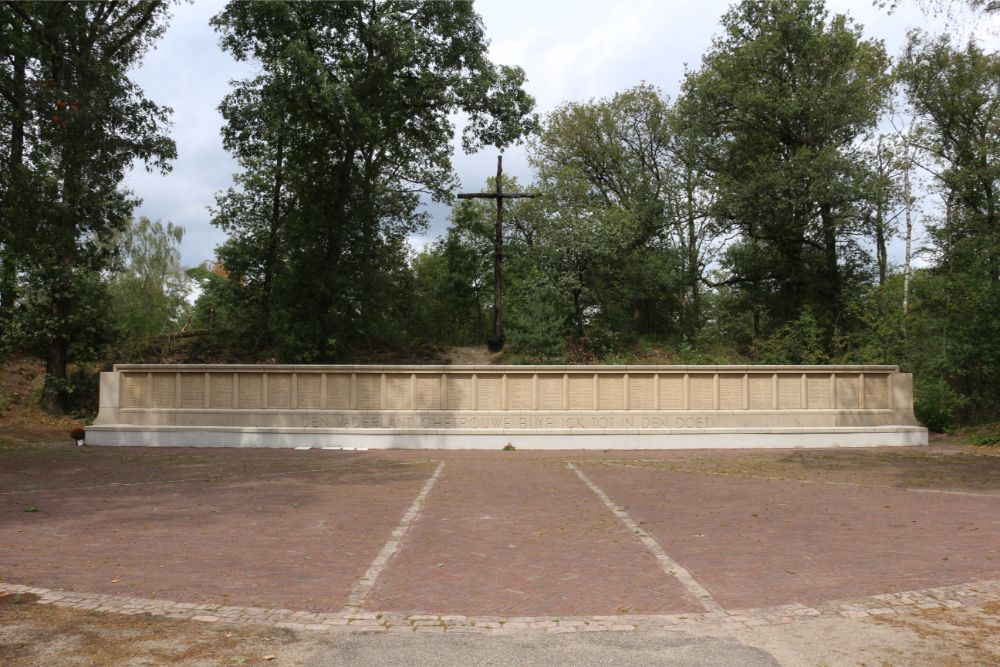Beinema, Sijtze Roelof
- Date of birth:
- May 8th, 1894 (Haarlem/Noord-Holland, the Netherlands)
- Date of death:
- August 11th, 1944 (Konzentrationslager Herzogenbusch-Vught/Noord-Brabant, the Netherlands)
- Buried on:
- Ash Pits Wells Camp Vught
- Nationality:
- Dutch
Biography
Lived in Dordrecht, Singel 104b. Son of carriage maker/carpenter Marten Beinema (11 October 1860 Koudum, municipality of Hemelumer Oldephaert en Noordwolde - 8 March 1944 Haarlem) and Janna Manna Voetelink (13 July 1866 Haarlem - 12 February 1926 Haarlem). Married on 20 April 1921 to Gerarda Maria Kater (20 December 1897 Dordrecht - 8 January 1976). The couple had two children, including Marten Beinema (26 November 1932 Dordrecht - 20 August 2008 Middelburg). Reformed and member of the Wilhelmina Church in Dordrecht, also known as the “Resistance Church”.
He was the founder of the resistance in Dordrecht and leader of the LO-Dordrecht. Soon after the start of the occupation, he began collecting money for sailors' wives whose husbands were away at sea (Zeemanspot). He was also involved in providing care and transporting food for people in hiding. At every meeting of resistance fighters in his home or in the Wilhelmina Church, Beinema opened with a prayer, almost always asking for “a guard for our lips when we are caught”.
There are several versions of Beinema's arrest. The first is that he fell into German hands due to the careless behaviour of some people in hiding. After attending choir rehearsals, they were arrested by the Landwacht. One of them later said that they had received ration cards from Beinema. On the night of 17 to 18 April 1944, he was arrested at his home, where all kinds of incriminating material was discovered.
The second, more likely version is that the arrest was the work of police officer Harry Evers. This agent of the political police in Dordrecht played a dubious role in that, in addition to his involvement in numerous arrests, he also passed information to the resistance. Initially, Evers managed to escape prosecution, but during the trial in 1950 before the Special Court of Justice, public prosecutor Jhr.Mr.H.J.Verspeijk argued in his closing speech that Evers had played a miserable role in the Beinema drama. The public prosecutor also stated that Beinema's arrest was largely due to Evers' actions.
The resistance made attempts to free him from the hands of the Germans, but these were unsuccessful. Via the police headquarters at Haagscheveer in Rotterdam, the detention centre in Utrecht and Camp Amersfoort, he ended up in Camp Vught. There he was executed by firing squad on 11 August 1944.
Streets in Dordrecht and Zwijndrecht are named after him. His name is on a memorial at the place of execution and on the memorial wall at the National Monument Camp Vught, as well as on a memorial window in the Wilhelmina Church.
Beinema was cremated at the Vught concentration camp.
Do you have more information about this person? Inform us!




